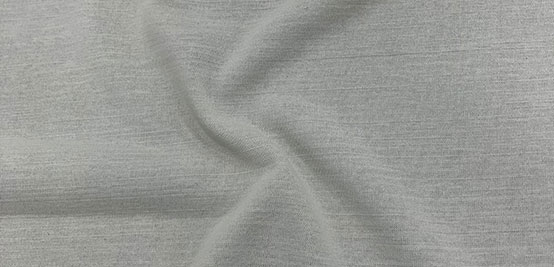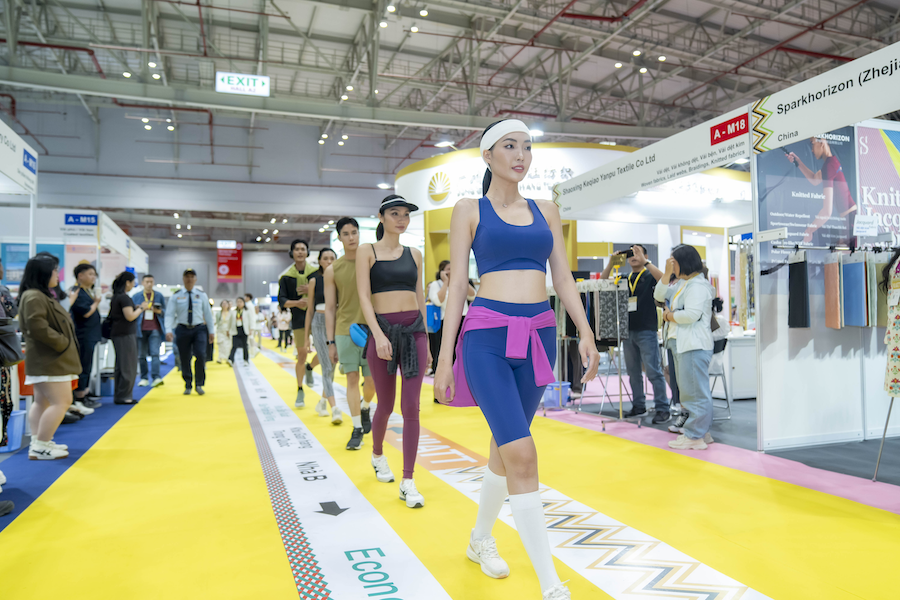#Textiles & Apparel / Garment
Teijin Frontier develops a next-generation comfort material for active and functional apparel
Teijin Frontier plans to promote and sell this next-generation comfort material as a desirable fabric for the 2026 spring/summer sports and outdoor apparel season, in both domestic and international markets. In advance of that season, the company aims to sell 100,000 meters of the material. Subsequently, it will expand into functional apparel such as fashion clothing. By fiscal 2028, Teijin Frontier expects to sell 1 million meters of this next-generation comfort material per year.
Cooling comfort for a warming planet
In recent years, due to global warming, sports and outdoor apparel retailers are demanding clothing with multiple functions, such as contact cooling and perspiration management, to enhance consumers’ comfort in elevated temperatures. However, until now it has been challenging to deliver textiles that provide both contact cooling and sweat stickiness prevention. This is because contact cooling requires enlarging the material’s contact area with the skin to improve heat conduction from the skin, while sweat stickiness prevention requires reducing contact with the skin.
To resolve this dilemma, Teijin Frontier leveraged the structure and function of two products. One is TRIPLEDRYTM CARATTM, a specially structured polyester fabric that combines perspiration absorption functionality and sweat adhesion prevention through optimal placement of hydrophobic and hydrophilic yarns. The other product is WAVERONTM, a full dull, non-crimped yarn with contact cooling functionality. WAVERONTM yarn contains titanium oxide, which promotes a cooling sensation as heat is transferred from the skin to the fiber, and has a flat, cross-sectional shape that increases the skin contact area. Additionally, this non-crimped yarn maximizes the air gaps between fibers, offering high breathability. By combining these two technologies, the company was able to deliver both contact cooling and sweat stickiness prevention functions in one material.
Contributing to sustainability
The new material uses 100 percent recycled polyester and features water-repellent technology made without per- and polyfluoroalkyl substances (PFAS).













